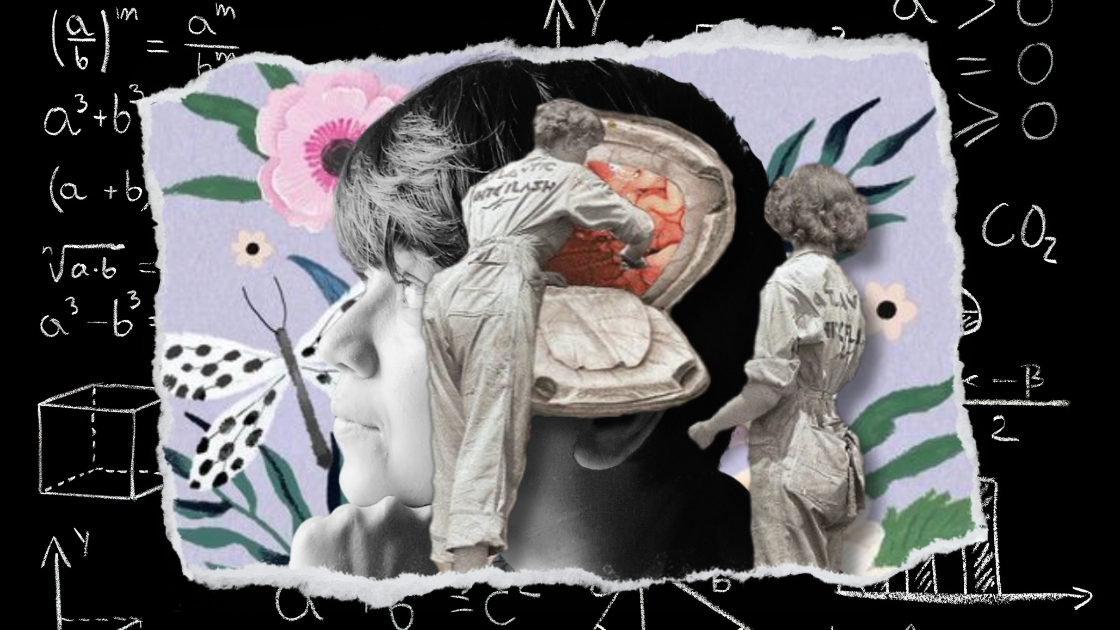July 3, 2023: 18 years ago, I barely passed my math test with a score of 46%. But since then, my life has been full of growth and drive. Twelve years ago, I had the chance to work at Bank of America. I was great at giving out payback plans, and my high turnover earned me a Bronze Pan India award.
This is going to be a live article until the end of my Statistics class. Please visit the journal to check updates.
In July 2023, even though I have a fear of numbers (Arithmophobia), I am engaging in Statistics in Psychology to improve my work as a psychologist. On the first day of my statistics class, I felt swamped. This was especially true because I already had generalized anxiety disorder. It was a double shock because I thought I would never have to think about math again.
My brother and I, both didn’t have a smooth school life. My father could barely pay for our school fees, so we couldn’t pay for extra lessons. But for the first time, my father was able to find a great tutor to help me study for the ICSE board exams in just three months. Even though the tutor was hesitant at first, he or she finally accepted. I saw that she did things in a planned way and knew how to lead me to success. With her help, I focused on Statistics, Geometry, Algebra, and questions with compound interest, which were worth the most points.
Back in the present, on the first day of my Statistics in Psychology class, I had trouble answering the question “What is 0/21?” Even after doing Kendall’s Tau sums, I still wasn’t sure about my skills because of my nervousness. I used YouTube to review at my own pace and build my self-confidence.
The next day, we had to deal with Spearman’s Rho. My brain told me to try to learn as much as I could in class since I knew I could look up more information on YouTube if I needed to. This time, I got stuck because I used the wrong number 6 in the method for counting the number of things. But once I realized my mistake, I quickly fixed the three problems that were connected to it. On the second day, my only goal was to not be the last student to leave class. I was still embarrassed from the first day.
In the end, it’s important to remember that some people learn things slowly, which is fine. It’s not just the student’s fault; the teacher also didn’t do enough to meet the needs of a slower learner. You can be a brilliant student and then a brilliant teacher, but to be a brilliant psychologist, you need to know a lot, be smart, and have good people skills. Most importantly, you need to be able to understand other people.
Statistics in Psychology is not easy for a student in humanities like me. But if you are ready and have a healthy brain, you can grow and improve your intelligence in the subject over time. I am studying with this mindset as my MA part I exam is due in December 2023.




